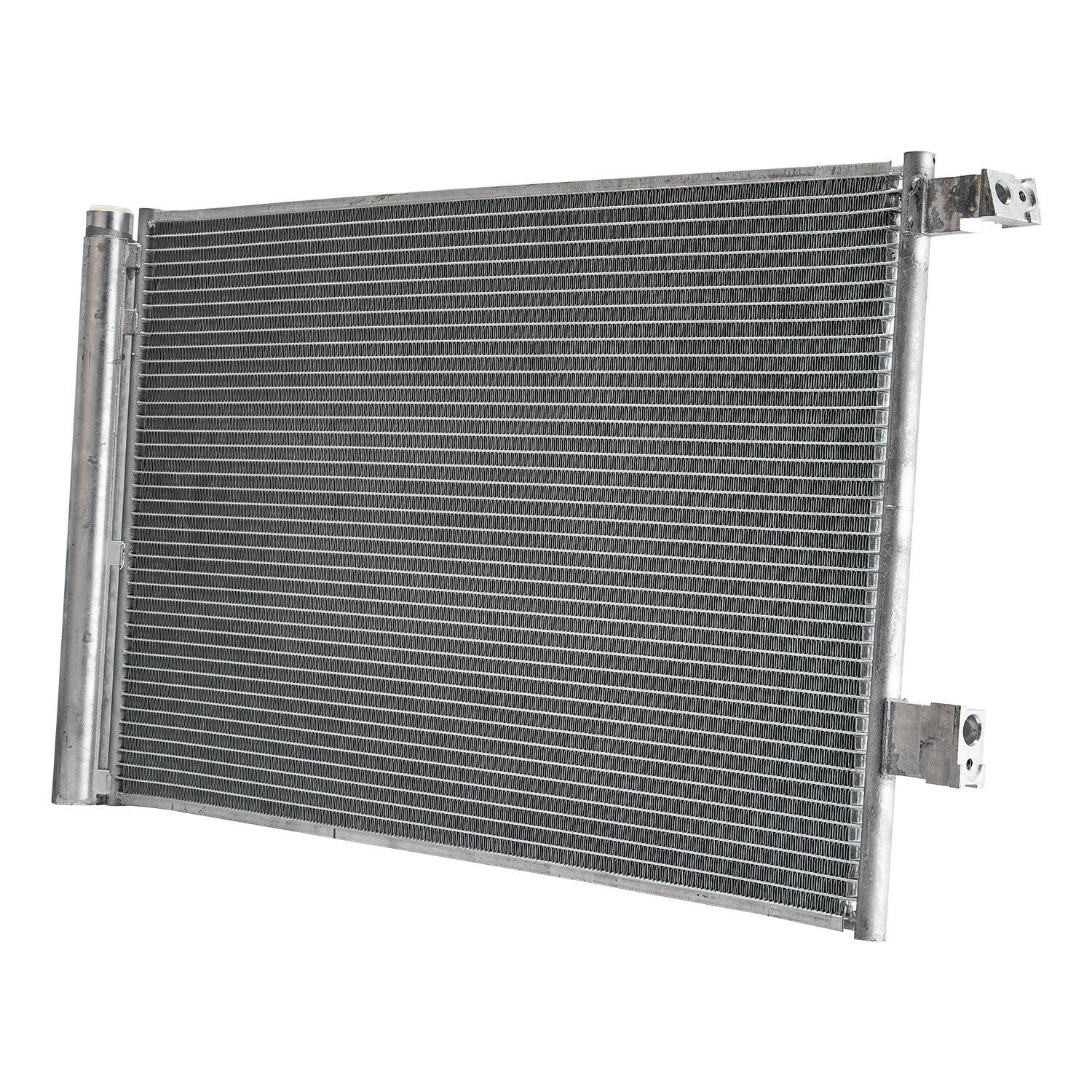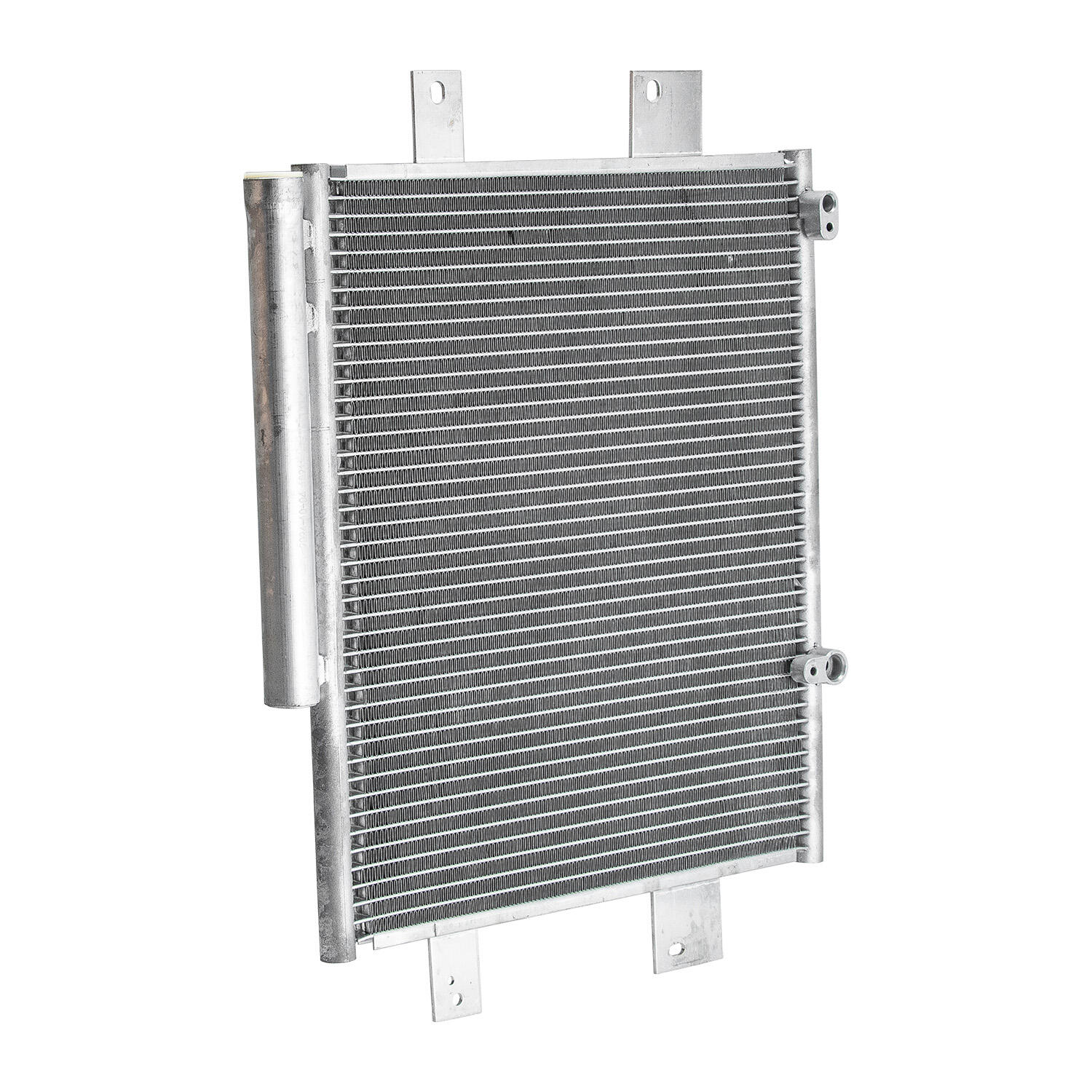Essential Guide to Maintaining Your Air Conditioning System's Heart
The condenser unit is the beating heart of your air conditioning system, working tirelessly to keep your space cool and comfortable. Regular AC condenser maintenance isn't just about preventing breakdowns – it's about ensuring optimal performance, reducing energy costs, and extending the lifespan of your entire cooling system. As we approach 2025, new technological advancements and environmental regulations make proper maintenance more crucial than ever.
Understanding how to care for your AC condenser can save you thousands of dollars in repairs and replacement costs while ensuring your unit operates at peak efficiency. This comprehensive guide will walk you through everything you need to know about keeping your condenser in top condition, from basic cleaning procedures to advanced maintenance techniques.
Understanding Your AC Condenser's Role
The Science Behind Condenser Operation
The condenser plays a vital role in the refrigeration cycle of your air conditioning system. It's responsible for converting hot refrigerant gas into a liquid state, releasing heat outside your home in the process. This transformation is essential for effective cooling, and any interference with this process can significantly impact your system's efficiency.
Modern condensers are designed with specialized coils and fins that maximize heat transfer. These components work together to ensure proper heat dissipation, making regular AC condenser maintenance essential for maintaining this delicate balance.
Common Condenser Components and Their Functions
Understanding the key components of your condenser unit helps in recognizing potential issues early. The main components include the compressor, condenser coils, fans, and electrical connections. Each part requires specific attention during maintenance to ensure optimal performance.
The compressor pumps refrigerant through the system, while the coils facilitate heat exchange. The fan helps dissipate heat, and various electrical components control the unit's operation. Regular inspection and maintenance of these parts ensure they work harmoniously together.

Professional Maintenance Procedures
Essential Cleaning Techniques
Professional AC condenser maintenance begins with thorough cleaning. Technicians use specialized solutions and equipment to remove dirt, debris, and biological growth from condenser coils. This process typically involves gentle cleaning agents that won't damage the delicate fins while effectively removing buildup.
The cleaning process should be performed at least twice yearly, with additional cleanings necessary in dusty environments or areas with high pollen counts. Professional technicians will also straighten any bent fins, which is crucial for maintaining proper airflow and heat transfer efficiency.
Advanced Diagnostic Procedures
Modern AC maintenance goes beyond simple cleaning. Technicians now use advanced diagnostic tools to assess refrigerant levels, electrical connections, and system pressure. These tools can identify potential issues before they become major problems, saving both time and money in the long run.
Thermal imaging cameras and digital manifold gauges help technicians evaluate system performance with unprecedented accuracy. These diagnostic procedures ensure your condenser operates within manufacturer specifications and helps predict potential future issues.
DIY Maintenance Tips
Regular Inspection Routines
While professional AC condenser maintenance is essential, homeowners can perform basic inspection and maintenance tasks between service visits. Regular visual inspections can help identify obvious issues like debris accumulation, unusual noises, or visible damage to the unit.
Create a monthly checklist that includes checking for unusual sounds, examining the area around the unit for debris, and ensuring proper airflow. These simple steps can help maintain efficiency and prevent major issues from developing.
Safe Cleaning Methods for Homeowners
Homeowners can safely perform basic cleaning tasks to maintain their condenser units. This includes gently removing debris from around the unit, cleaning or replacing accessible filters, and ensuring proper drainage. Always use appropriate safety measures and avoid using harsh chemicals or high-pressure water that could damage the unit.
Remember to turn off power to the unit before performing any maintenance tasks. Use a soft brush or vacuum to remove loose debris, and maintain at least two feet of clearance around the unit for optimal airflow.
Seasonal Maintenance Requirements
Spring Preparation Procedures
Spring is the ideal time to prepare your AC system for the upcoming cooling season. This includes thorough AC condenser maintenance to ensure optimal performance during peak summer months. Remove any winter covers, clear away debris that accumulated during winter, and schedule professional maintenance before the first hot day arrives.
Pay special attention to checking electrical connections and ensuring the unit is level after winter frost heaving. Early spring maintenance allows time for necessary repairs before the system is needed for cooling.
Winter Protection Strategies
Proper winter protection is crucial for extending your condenser's lifespan. While some homeowners cover their units during winter, it's important to use appropriate covers that allow ventilation and prevent moisture accumulation. Consider installing a protective awning to shield the unit from severe weather while maintaining proper airflow.
Remove any ice buildup carefully during winter months, and ensure snow doesn't completely cover the unit. Proper winter care prevents damage to the condenser and ensures it's ready for operation when spring arrives.
Frequently Asked Questions
How Often Should I Schedule Professional AC Condenser Maintenance?
Professional maintenance should be scheduled at least twice per year – once in early spring before the cooling season begins, and once in fall after the season ends. However, systems in harsh environments or those running constantly may require more frequent maintenance.
What Signs Indicate My Condenser Needs Immediate Attention?
Watch for unusual noises, reduced cooling efficiency, higher energy bills, or visible damage to the unit. Strange odors, water pooling around the unit, or ice formation on the coils also indicate the need for immediate professional inspection.
Can I Clean My AC Condenser Myself?
While basic cleaning can be performed by homeowners, it's important to leave thorough cleaning and maintenance to professionals. DIY maintenance should be limited to removing debris, ensuring proper clearance around the unit, and gentle cleaning of accessible parts.
What's the Average Lifespan of an AC Condenser?
With proper AC condenser maintenance, modern units typically last 15-20 years. However, factors like usage patterns, environmental conditions, and maintenance frequency can significantly impact lifespan. Regular professional maintenance is key to achieving maximum longevity.

